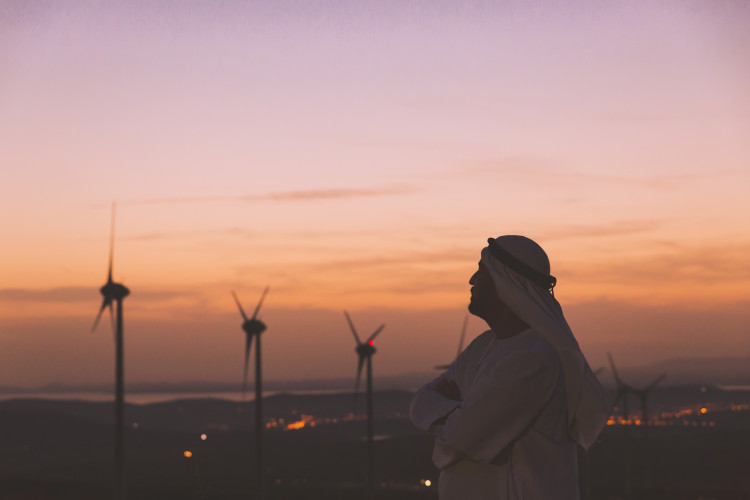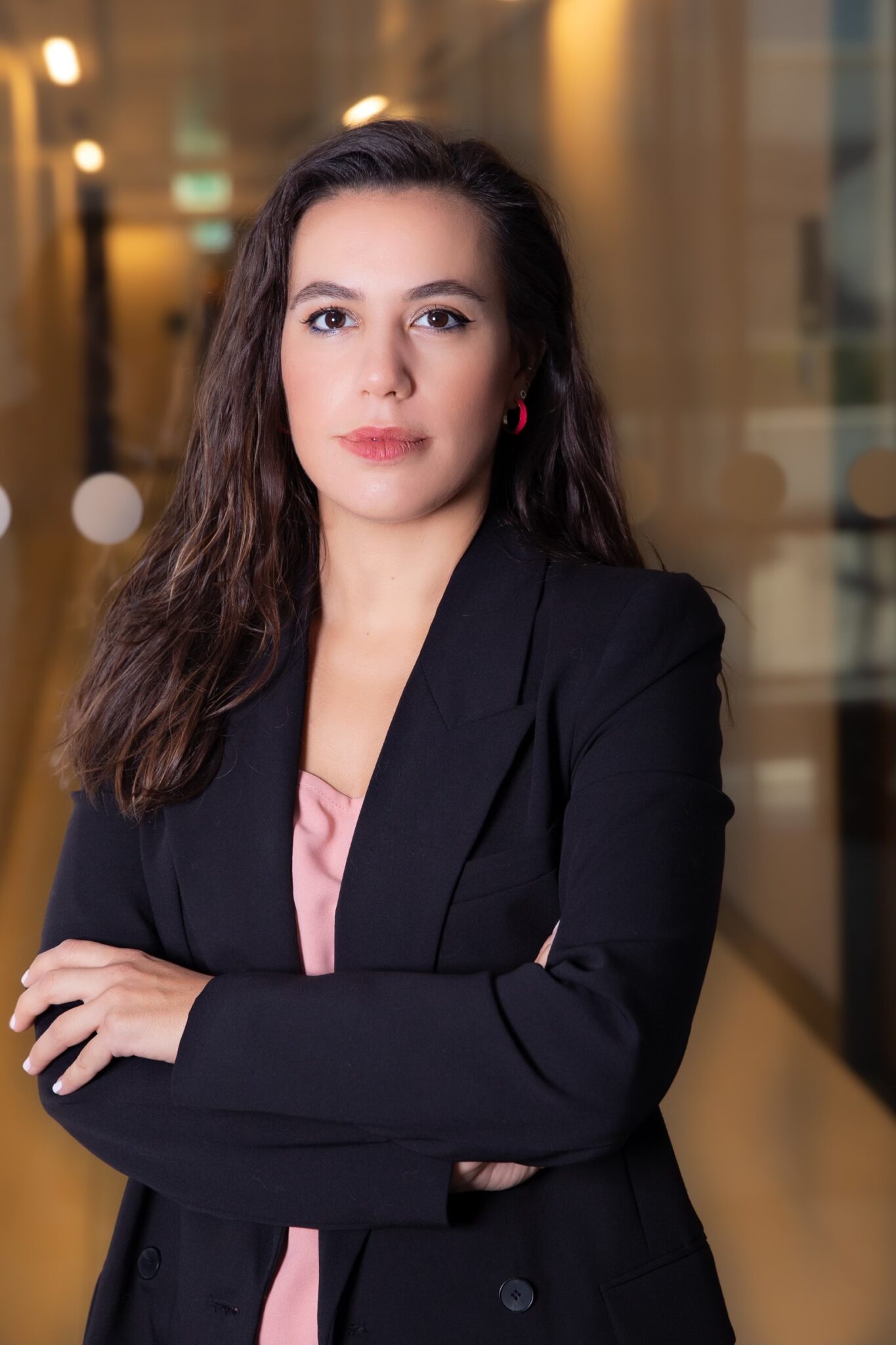The decision was met with enthusiasm by some countries, but also with a lot of scepticism by environmental groups and activists. Given the UAE ranks among the top 10 oil producing countries globally, their hosting COP28 is considered a paradox by many.
The subsequent appointment of Sultan Al-Jaber, head of the state-owned Abu Dhabi National Oil Company (ADNOC), as COP28 president provoked a further backlash. His presence has often monopolised media interest ahead of the summit, which begins on November 30.
As the world’s most important climate conference prepares to open its doors, the UAE’s ability to lead global efforts to address climate change before it’s too late remains a popular topic in leading global media outlets. At the same time, extreme weather conditions across the planet are leading to natural disasters, record-breaking temperatures, wildfires, catastrophic rain and flooding, and destructive storms. Our childhood science fiction movie scenarios are now reflected in scientific research papers alarming the world about the devastating effects of global warming, and today we are facing the awful truth - we are now engaged in a very real battle for survival.
In this context, what should we make of the UAE’s main mission for COP28 “to unite the world towards an agreement on bold, practical, and ambitious solutions to the most pressing global challenge of our time”?
Much of the Western media and the more vocal climate activists seem to agree with the late Eldridge Cleaver’s quote that “You’re either part of the solution or you’re part of the problem”. While entirely valid as a principle, the UAE would presumably argue that not everything is black or white and choose a different maxim that implies an arguably more positive, inclusive approach: “When you are part of the problem, you can also be part of the solution”.
While it’s easy to be sceptical, let’s reflect on the fact that there have been 27 COPs and none of them have delivered the changes required to fight climate change. Could a more inclusive approach – one that recognises the importance of bringing all stakeholders to the table, be worth a try? And given the absolute crisis we all face, what would the conversations look like if we shift the narrative to a more open-minded discussion that reflects a more diverse array of perspectives?
With all this in mind, here a few points to note for communication professionals, as we consider our role in shaping the narrative around promoting a more collaborative and positive approach to sustainability.
1. Recognise the unique moment
The appointment of COP to host countries that are considered less obvious options or even controversial comes with a unique opportunity to show how we can shift the narrative, put those crucial topics top on the social agenda, spread the word far and wide and bring together various stakeholders to align their goals under the same cause.
2. Communicate with purpose
It is our responsibility as communicators to help those organisations who are doing their part to create a greener, fairer, more inclusive and more resilient economy, to articulate their purpose and tell their story, raise awareness for their efforts, and focus on the positive change they bring to the world.
3. Turn PR into ER if that’s what it takes
“It’s PR not ER”. I always keep this phrase at the back of my mind when things at work get too stressful, as they often do in our industry and we need to remind each other that, although we manage crises as part of our job, we rarely have to deal with life and death situations. However, this time it is different. We have been warned by the distress signals of planet Earth and it’s time we show up, step into ER, and do our part to make a positive impact towards the collaborative efforts to stop humanity from destroying itself.
4. Engage and build unity through communications
Part of the COP28 UAE mission is to “unite everyone, from government and businesses to civil society, youth and NGOs, in a concerted drive for inclusive progress towards climate action”. As communicators, we should encourage sustainability conversations, listen to what each group has to say and learn from each other. Through creative communication strategies and tailored narratives, that are relevant and timely, we can at least try our level best to inspire hope, build engagement and drive collective action towards a brighter future.





